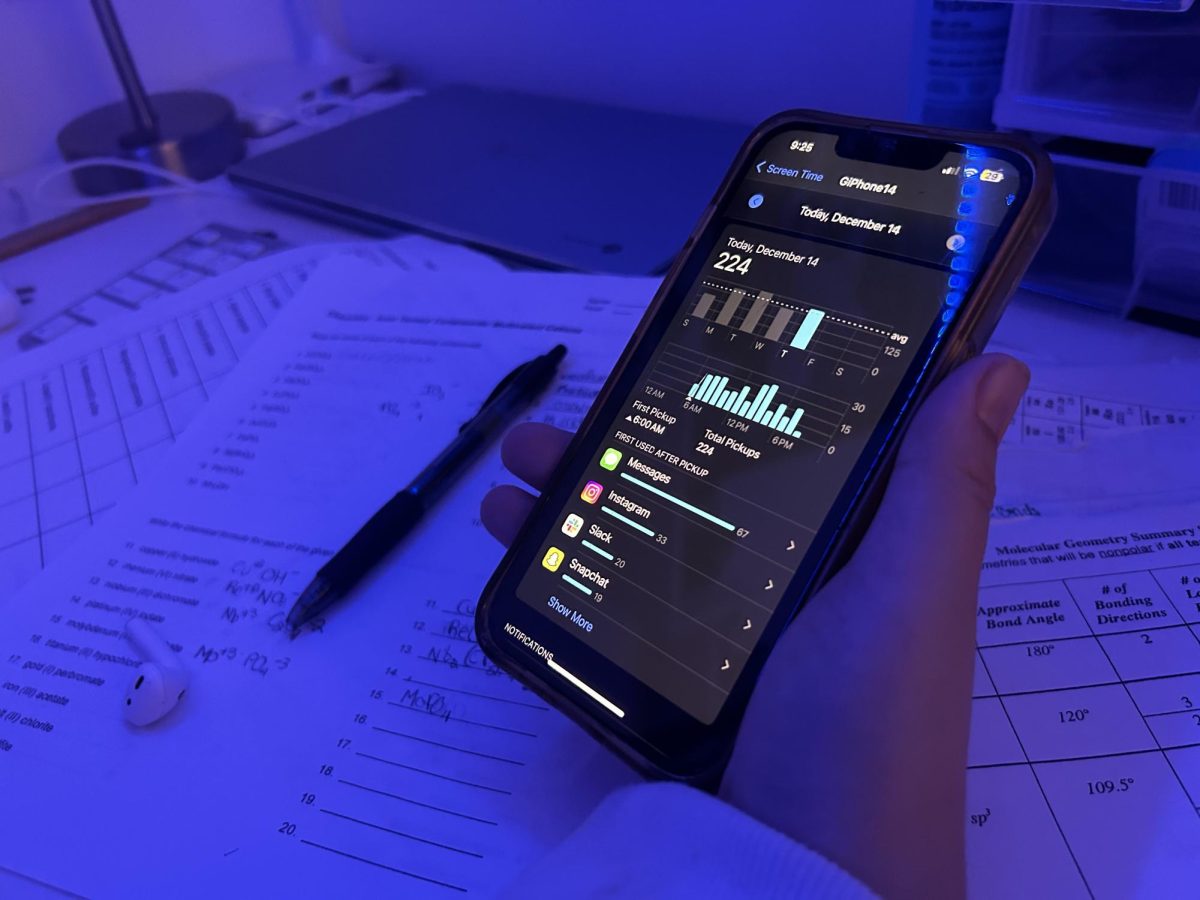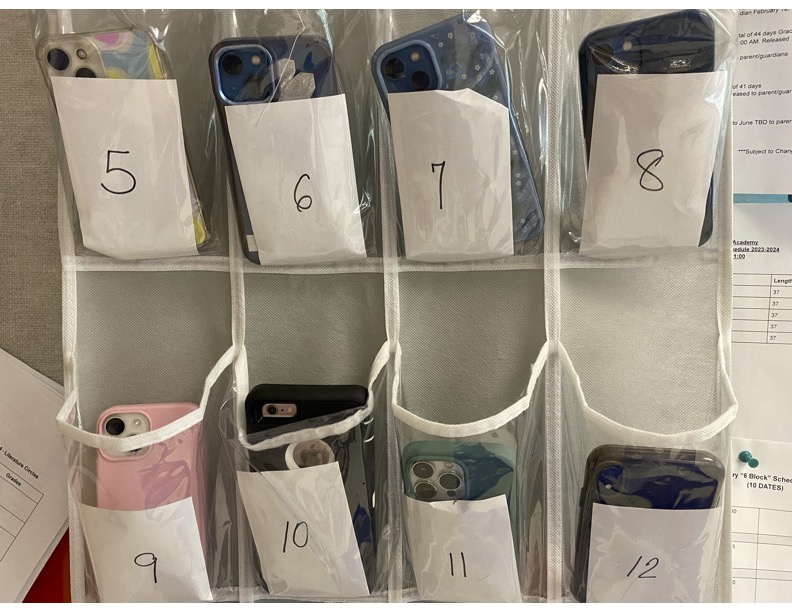It has been known that phones affect people in many ways. From lowering self-esteem to decreasing productivity, phones cause issues in people’s mental and physical health. Yet, we often fail to recognize another issue caused by our phones: our decreasing attention spans.
“Attention span” is defined as the length of time a person can fully concentrate on an activity without getting distracted or losing focus. A study led by Microsoft Canada found that since the year 2000, the average attention span of a person had dropped from 12 seconds to 8 seconds. In the study, 2000 Canadian young adults had their brain activity studied with the use of electroencephalograms (EEGs), which are tests that measure electrical activity in the brain. Uncoincidentally, 2000 was also a breakthrough year for technology—mobile phones became widespread and the iPod was invented.
As a teenager myself, I have noticed my own attention span decreasing over the years. From the moment I got my first laptop at the age of 11, I have been unable to do anything without multi-tasking—whether it’s listening to music while studying for a test, scrolling on TikTok while eating breakfast, or FaceTiming a friend while completing my homework, I just can’t seem to completely focus on a singular task at any given moment.
Although one may argue that there is no problem with decreasing attention spans, there are three main issues that are linked to shorter attention spans: more mistakes, more time spent on task completion, and increased stress. The trend of making mistakes after the invention of cell phones can be seen in the fact that pilots, physicians and nurses began to make more errors. With attention-shifting, your focus is taken off of one task and on to the next, and it takes time to reorient yourself in the new task.
For example, if you are writing an essay and you take a break to watch videos on your phone, and then you go back to your essay, you have to try to remember: What was I thinking? What was the word I was going to use? Over time, the minutes you spend reorienting add up.
Additionally, studies have shown that blood pressure rises and heart rates speed up when attention-shifting, and that it is not actually scientifically possible to multitask; when you focus on one thing, you lose focus on the other. Instead of focusing on two things at once, you are actually only focusing on one thing at once, and end up constantly switching your attention between two items.
Another issue that comes up with the use of technology is phantom vibration phone syndrome. Phantom vibration syndrome, also known as hypovibochondria or ringxiety, occurs when a person thinks his or her phone is vibrating when it actually is not. It is often associated with excessive phone use and happens when the cerebral cortex misinterprets a signal as the phone user anticipates a vibration. I have definitely experienced the syndrome myself, and when it occurs, I have to shift my attention away from my task and onto my phone, where I’ll often get distracted and spend anywhere from a minute to an hour scrolling on social media.
Phantom vibration syndrome can worsen mental health, as it is linked to anxiety, over-vigilance, psychological stress, and emotional disturbance. Mental health related to anxiety and hypervigilance could deteriorate into serious psychiatric issues if left unmanaged. While the syndrome may seem uncommon, a 2015 survey of 290 college students actually found that 89% of them felt phantom vibrations, and as many as 40% felt them at least once a week.
Besides phantom vibration syndrome, I have noticed that I also tend to pick up my phone because I am bored. In fact, I often pick up my phone for no reason at all, other than habit, and in moments like these I have to stop myself and remind myself to live in the moment.
The downloading of certain apps such as TikTok and the use of my phone in general has also made me unable to watch a TV show or movie without multitasking. I often find myself mindlessly checking Instagram while watching a show or texting a friend.
So, why do decreasing attention spans matter? Well, while we cannot cut out phone usage, which has become an integral part of our lives, it is important to be aware of our shortening attention spans and try to prevent it in other ways.
Paying attention to aimless phone use, intentionally resisting distraction when your phone rings can enhance focus. Additionally, spending more time being mindful, like going outdoors for a walk without constant phone interruptions, can help combat decreasing attention spans.
Our decreasing attention spans have proved to be harmful to our physical, mental, and academic health. With the mental toll of phantom vibrations, the physical impacts from multi-tasking, and impact on productivity, it is impossible to deny the effects of phones on our attention spans and the harm that they have caused. Although phones are an inescapable part of our everyday lives, preventing a shortening attention span ultimately depends on the individual.













